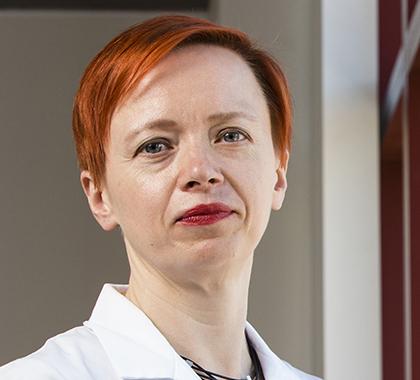
Katya Heldwein, Professor
Katya is the American Cancer Society, Massachusetts Division, Professor and focuses on herpesviruses.
The Aldridge lab is using artificial intelligence to improve TB treatments.
The Aldridge lab is using artificial intelligence to improve TB treatments.
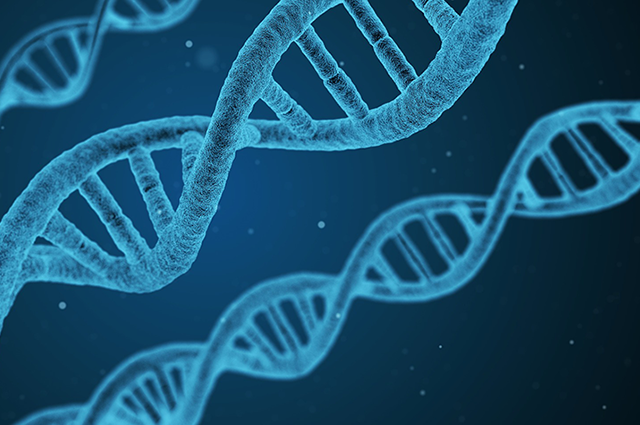
The Coffin lab shows how DNA from ancient pandemics plays a role in human disease and development.
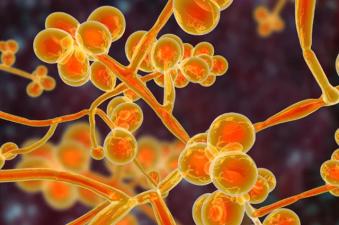
Learn how research on Candida albicans helps us understand more deadly Candida species from one of our experts, Carol Kumamoto.
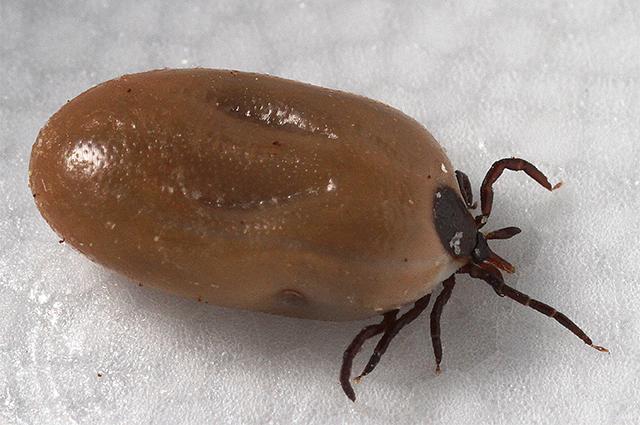
The Hu lab has developed a possible new test for diagnosing Lyme Disease.

Katya is the American Cancer Society, Massachusetts Division, Professor and focuses on herpesviruses.
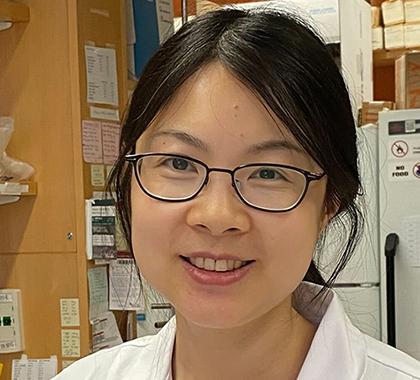
Gong is studying how the acquisition of several antiphage defense systems increases the success of the current cholera pandemic strain in the Ng lab.
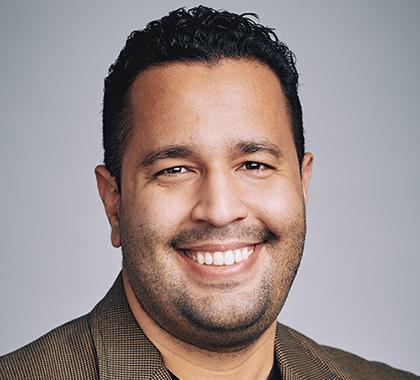
Ivan is a PhD student in the MERGE-ID track in the Molecular Microbiology program. He is studying Legionella in the Isberg lab.
We are deeply engaged in training both PhD students and postdoctoral scholars. We are the administrative home of the Molecular Microbiology Graduate program, based at the Graduate School of Biomedical Sciences on our Health Sciences campus. Over 40 students are training in this program. Our faculty also participate in the graduate programs in Immunology and Genetics, Molecular and Cellular Biology.
Our program for postdoctoral scholars is an important part of our activity. Twenty-five scholars are training in our laboratories and participate fully in all department activities.
We are committed to mentorship and an environment that allows trainees to work with us as colleagues as their expertise, knowledge and skills develop.
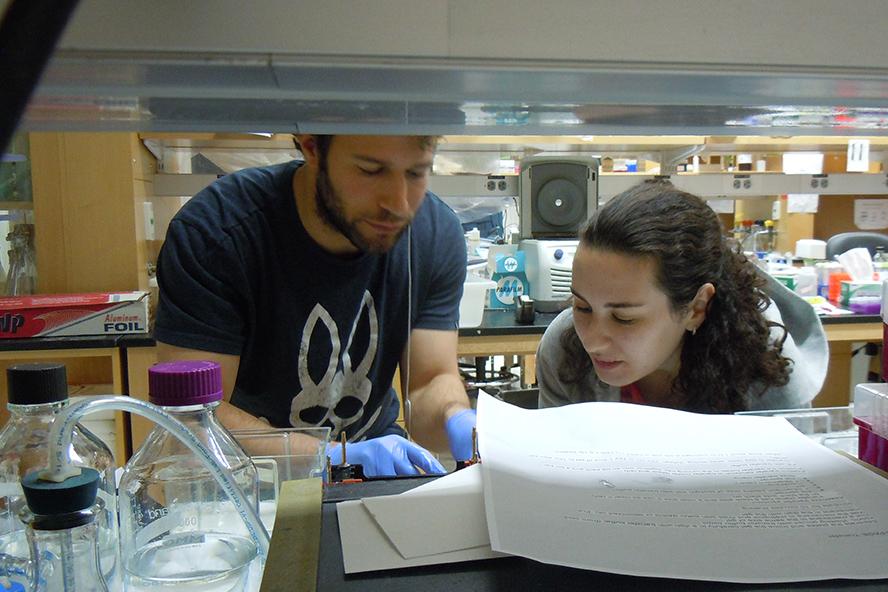
Our Media Kitchen provides standard liquid and solid media in small to large quantities, and can also prepare custom media not usually available commercially. Complex and defined media with custom additions such as antibiotics, required supplements (vitamins, amino acids, etc.) are also available.